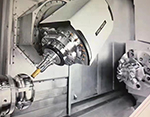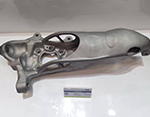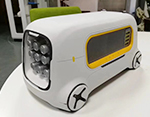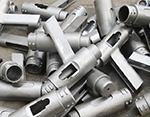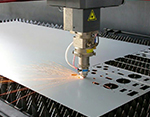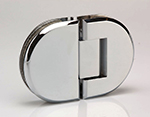-
Service
+
- CNC Precision Machining Service +
- Multi-Axis Simultaneous Machining Service +
- CNC Turning Service +
- Metal 3D Printing Service +
- Rapid Prototyping Service +
- Die Casting Service +
- Sheet Metal Fabrication Service +
-
Finish Serivces
+
- Polishing
- Grinding
- Brushed Finish
- Sand blasting
- Painting
- Powder Painting
- Anodizing
- Hard anodizing Service
- Passivation
- Zinc Plating
- Nickel Plating
- Chrome Plating
- Blackening
- Black Zinc Plating
- Teflon Coating
- Titanium Coating
- DLC Coating
- Laser Marking
- Silk Screen Printing
- Transfer Printing
- Micro Arc Oxidation
- Industries +
- About Us +
- Resource +
- Contact Us
- Quote

-
Service
-
>
-
>
-
>
-
>
-
>
-
>
-
>
-
>
-
- Industries
- About Us
- Resource
- Contact Us
Our mechanical machining in Kesu is carried out by experienced and qualified employees using premium machines and facilities. A high degree of on quality and environmental awareness accompanies the process of mechanical machining and assembly of components and devices.
CNC MACHINING
CNC machining is cutting material using a computer, numerically controlled (CNC) machine tool. This process is used to make parts that are too complex or too large for humans to produce by hand. CNC stands for Computer Numerical Control and is a method of controlling a machine tool with a digital controller. The controller creates instructions from a set of programmable parameters and transmits them to the machine’s drive system to produce desired motion in the workpiece.
The most common application for CNC machining is in the aerospace, automotive, medical, and consumer electronics industries. These industries use CNC machines for creating custom parts that cannot be created by other means, such as stamping or casting.
Other industries such as defense manufacturing, energy production, and construction use CNC machines to fabricate prototype parts before production runs on traditional manufacturing equipment. One of the biggest advantages of using CNC machines is that they allow manufacturers to cut costs while increasing quality and productivity simultaneously.
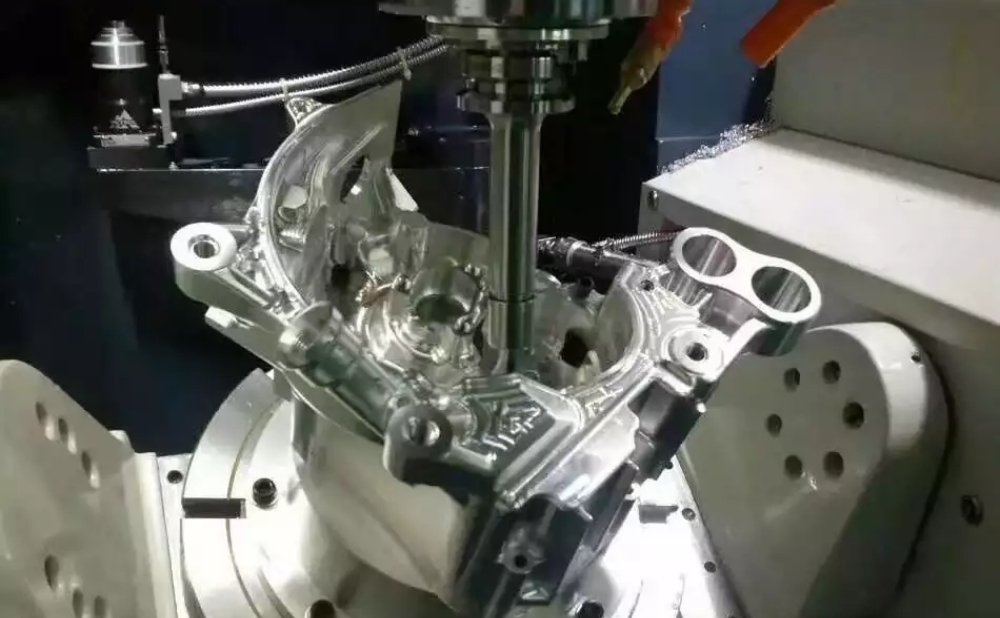
TURNING
Mechanical machining metal chip cutting. Can be horizontal and/or vertical and is done on several raw material types: stainless steeel, steel alloys, alluminum, copper, etc.
The machines park has different machiningtypes with different characteristics to meet the Customers and markets needs.
MILLING
Milling is the complex shaping of metal (or possibly other materials) parts, by removing unneeded material to form the final shape. It is generally done on a milling machine, a power-driven machine that in its basic form is comprised of a milling cutter that rotates about the spindle axis (like a drill), and a worktable that can move in multiple directions. Milling machines may be operated manually or under computer numerical control (CNC), and can perform a vast number of complex operations, such as slot cutting, planing, drilling and threading, rabbeting, routing, etc.
GRINDING
The grinding machining is one the most delicate phases of the production process as it is a very high precision working in the order of tenths of micron. TFM has cylindricaland flat adjustments.
Flat Adjustment (Melchiorre, Favretto)
Cylindrical Adjustment (Bocca & Malandrone)
Achivable tolerances:
Flatness lower of 1 µm
Parallelism lower of 1 µm
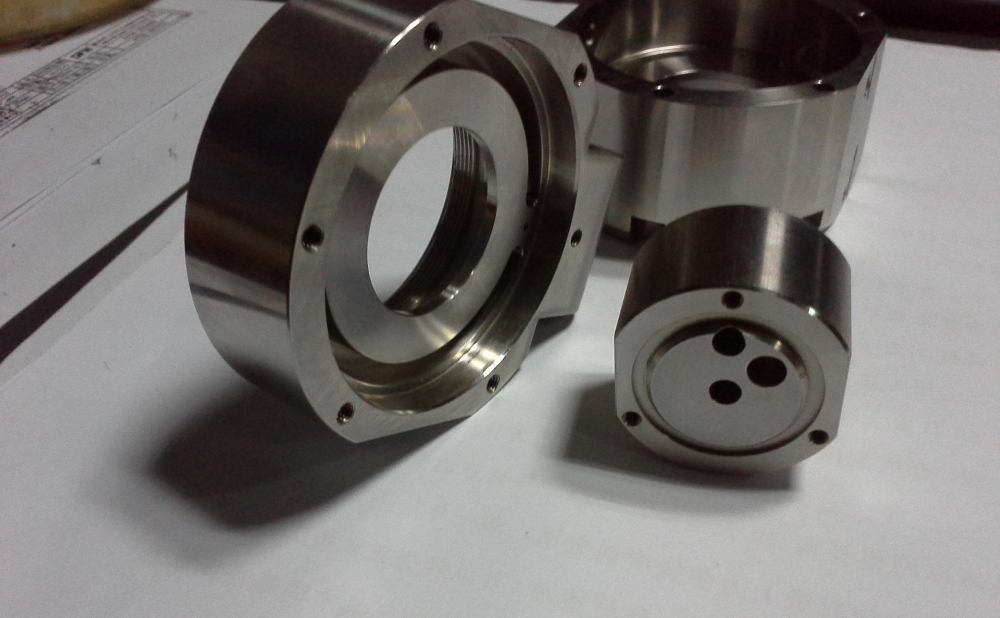
MICRO-MACHINING
Micro-machining is a technology that allows engineers to manufacture parts with dimensions as small as one micrometer, which is equal to one millionth of a meter. Micro-machining involves electromechanical processes such as milling, drilling, grinding, and turning to fabricate tiny components. It is also used to create microfluidic devices and integrated circuits (ICs) in order to produce miniature electronic devices such as computer chips or integrated circuits (ICs).
The main advantage of using micro-machining technologies over conventional manufacturing methods is that it can significantly reduce the cost of production and help manufacturers cut down on their production cycle time. In addition, it can improve product quality by increasing the accuracy and reliability of products.
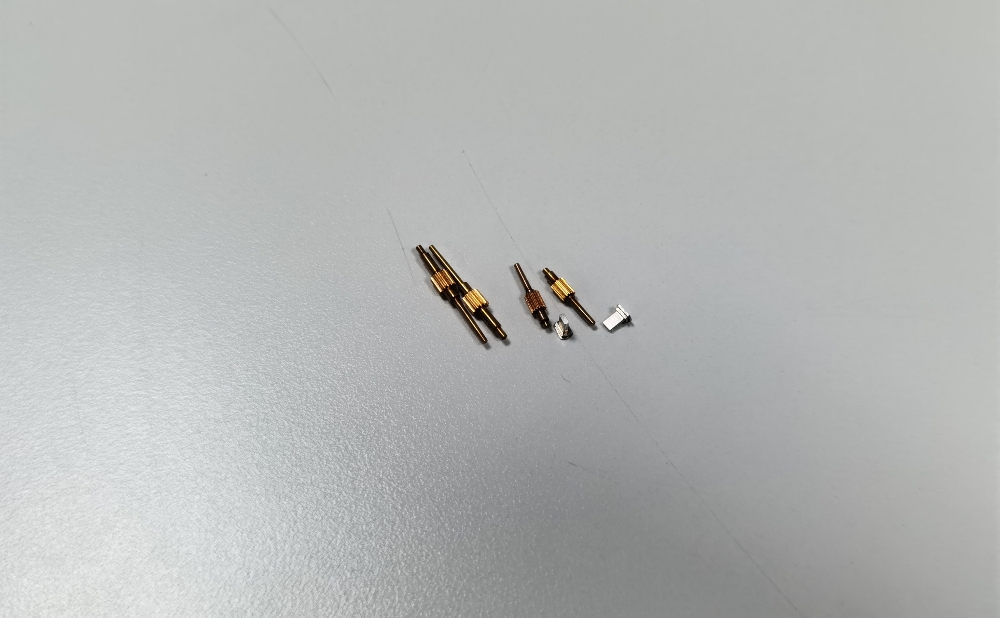
Contact:
Email: Diana@kesugroup.com
WhatsApp: +86 134 2483 1067
Our engineer team are ready for your projects and provide feedback quickly.

